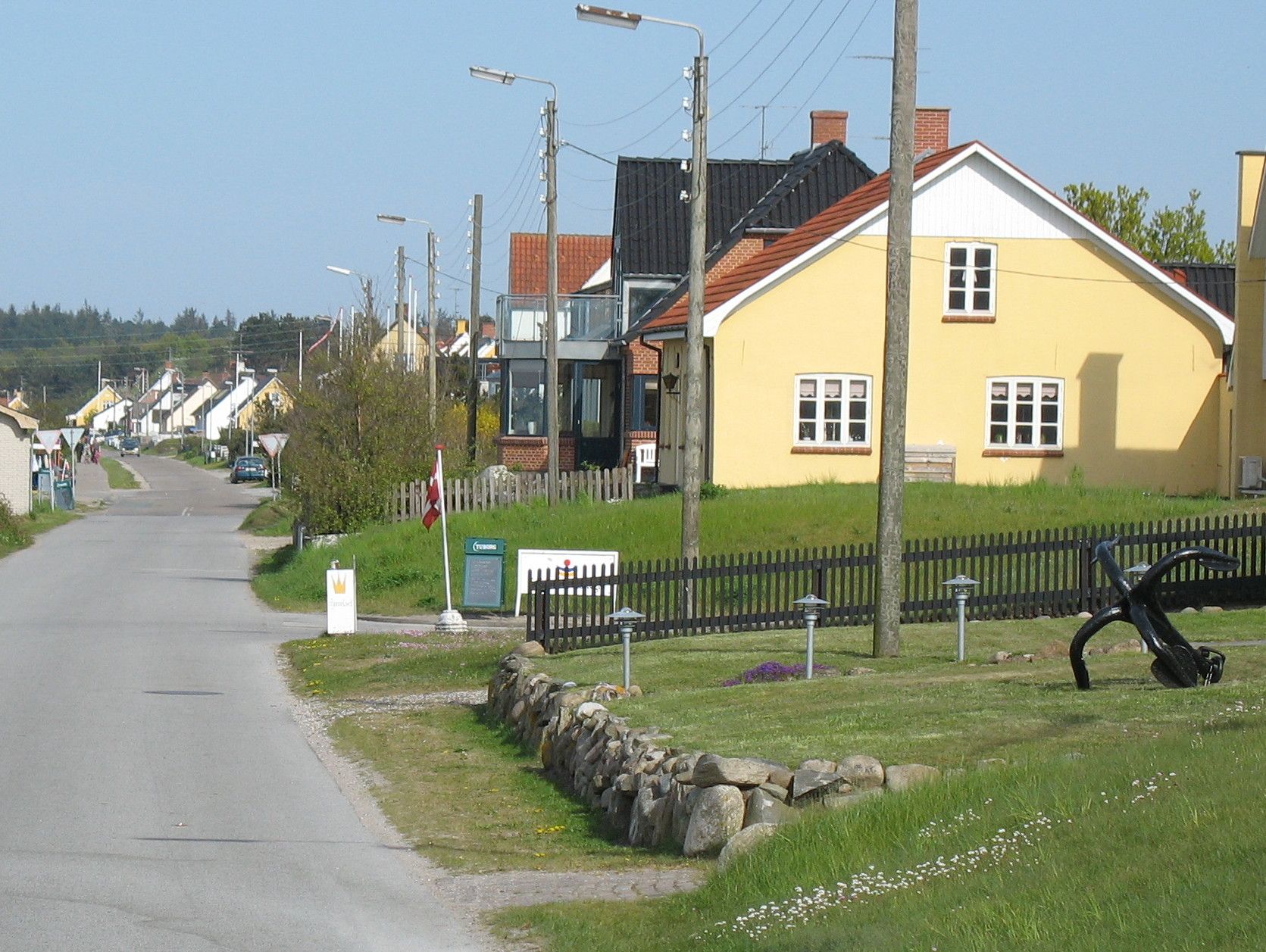Although the law still forbids foreigners from buying Danish summer homes, many are using loopholes to find a way to invest in the properties.
Exceptions to the rule allows foreigners to apply for an exemption if they have a special connection to Denmark, for example if they have holidayed here for several years or have Danish family or other cultural ties to Denmark.
Over the past 10 years, the justice department has granted 1,058 waivers to foreigners wishing to buy holiday property. Just over 250 waivers were given out last year alone.
A history helps
Karina Søndergaard is a lawyer with a firm in northern Jutland specialises in seeking exemptions for foreigners who want to buy holiday property.
“If you have been on a long holiday or have taken many vacations in Denmark it means a lot when you are seeking a waiver,” Søndergaard told DR Nyheder. “It’s hard to say what the minimum is to get permission, but a good rule of thumb is that if you have been in Denmark regularly over a period of about 10 years.”
READ MORE: Foreigners could boost summerhouse market
Norwegians are the largest group buying Danish properties over the past decade. Last year, 188 Norwegians applied for dispensation, followed by 23 Swedes, 27 Germans and 13 buyers of other nationalities.
The law preventing foreigners from buying holiday homes in Denmark has been in place since 1973 when Denmark joined the then European Community.















